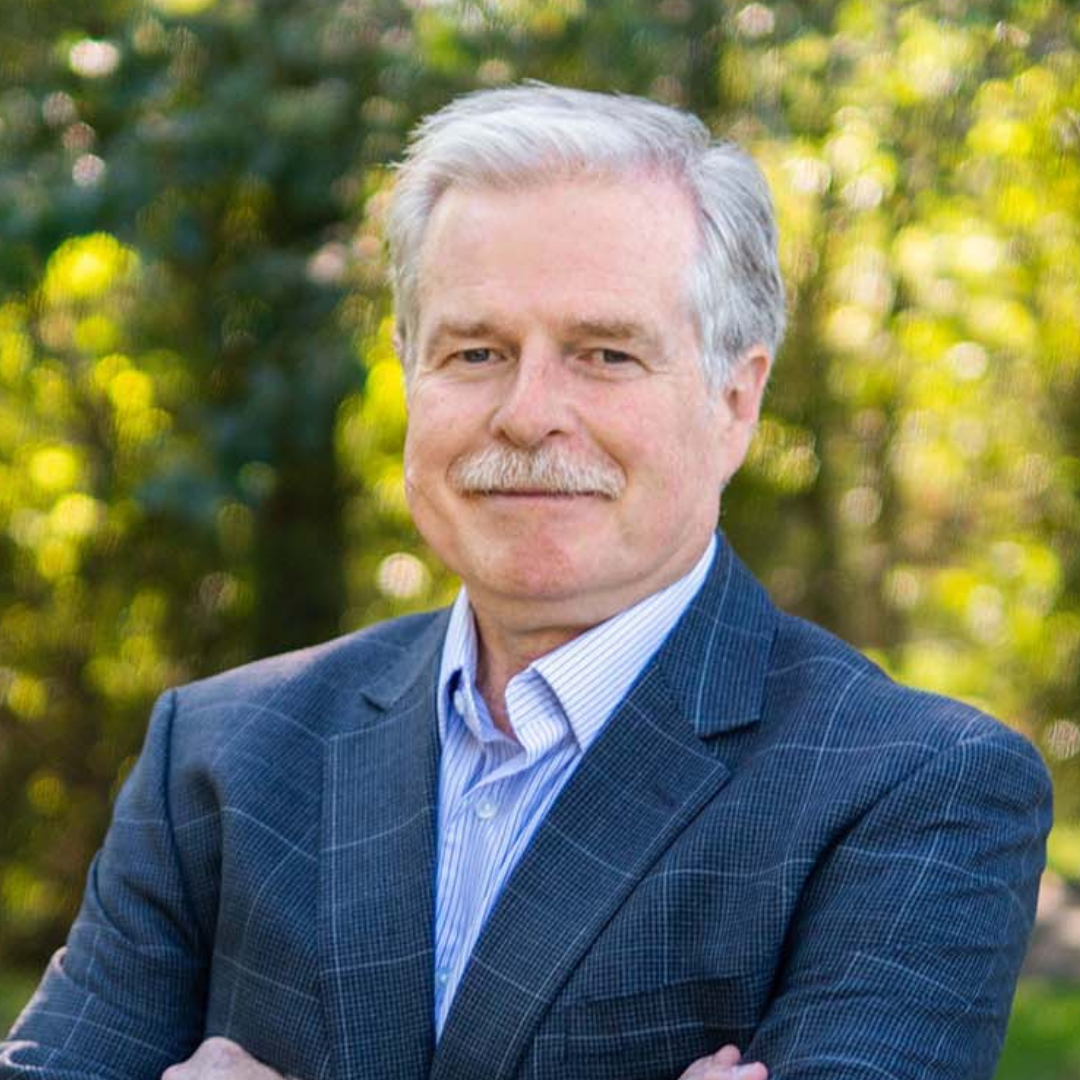Offering Healing Through Attachment: Understanding Attachment Styles
Masterclass with Dr. Chuck Geddes
Dig deeper into healthy attachments and reflect on your own child’s attachment challenges. In this small group setting you will be able to connect online with Dr. Chuck and others to apply learnings to your current situation. You will be able to submit questions ahead of time. Caregivers and professionals are welcome.
Please note that only those who attended the Feb. 8 webinar can join this Masterclass.
Masterclass with Dr. Chuck Geddes
Dig deeper into healthy attachments and reflect on your own child’s attachment challenges. In this small group setting you will be able to connect online with Dr. Chuck and others to apply learnings to your current situation. You will be able to submit questions ahead of time. Caregivers and professionals are welcome.
Please note that only those who attended the Feb. 8 webinar can join this Masterclass.
Masterclass with Dr. Chuck Geddes
Dig deeper into healthy attachments and reflect on your own child’s attachment challenges. In this small group setting you will be able to connect online with Dr. Chuck and others to apply learnings to your current situation. You will be able to submit questions ahead of time. Caregivers and professionals are welcome.
Please note that only those who attended the Feb. 8 webinar can join this Masterclass.
Masterclass Details
Date: Thursday, February 29
Time: 12–1:15 p.m. PT
Zoom Link: You will receive the meeting link to the Masterclass closer to the date.
Speaker Bio
Dr. Chuck Geddes, Ph.D., R. Psych
Dr. Chuck Geddes has worked extensively in the fields of Child and Youth Mental Health and Child Welfare over the past 15 years. He developed the Complex Care and Intervention (CCI) program as a way to embed a trauma-focused therapeutic perspective into the care of children in the foster system.
Dr. Geddes provides education and training to social workers, foster parents, and mental health clinicians across the province of British Columbia.
—
“I get excited to see a team of caregivers around a child begin to understand trauma principles, apply them in a creative fashion, and rejoice as they see children and youth respond, grow, and heal.”


